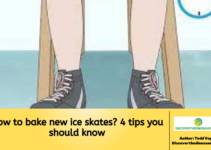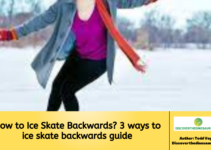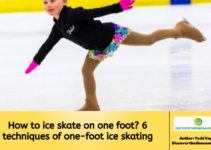Ice skating can be a really fun winter activity, but it can also be pretty intimidating if you’ve never done it before.
It’s hard to know how long it will take you to learn how to ice skate, and even harder to find trustworthy information on the subject. You might end up wasting your time or money by going to an ice skating rink that is too difficult for you, or by taking classes that are too easy.
Todd Vogel has created a comprehensive guide on how long it takes to learn how to ice skate. His guide includes tips on choosing the right rink and class for you, as well as a timeline of what you can expect each week of your skating journey.
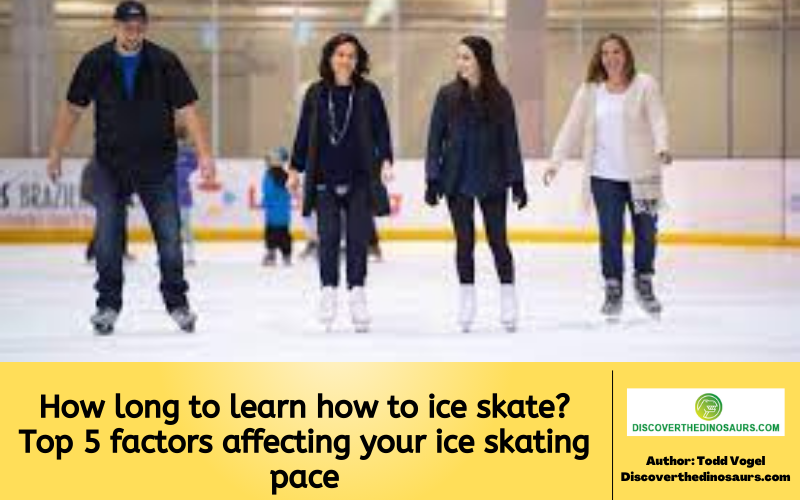
How long to learn how to ice skate Top 5 factors affecting your ice skating pace
How long does it take to learn to ice skate the basics?
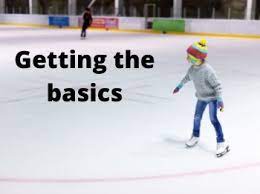
How long does it take to learn to ice skate the basics?
Assuming you are starting with no prior skating experience, it will take most people around 3-4 hours to learn the basics of ice skating. However, this is just a rough estimate – some people may pick it up more quickly, while others may need more time. Like with any skill, practice makes perfect, so the more you skate, the better you will become at it.
If you are already familiar with skating from other activities such as rollerblading or inline skating, then you may be able to learn the basics of ice skating in a shorter period of time. This is because you will already have some basic knowledge and muscle memory of how to skate. However, even if you have this prior experience, it is still recommended that you spend a few hours practicing on the ice before venturing out into more difficult skating activities.
Next is some tips on choosing the right skates.
How to choose the right skates for learning?
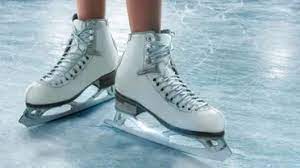
How to choose the right skates for learning?
One of the most important things to consider when learning how to ice skate is what kind of skates you will need. There are two main types of skates – figure skates and hockey skates. Figure skates are designed for figure skating, while hockey skates are designed for playing hockey.
If you are just starting out and want to learn the basics of ice skating, then it is recommended that you get a pair of figure skates. These skates will provide you with more stability and support than hockey skates, and will make it easier for you to learn the basic movements.
Hockey skates are designed for more experienced skaters who want to play hockey or participate in other competitive skating activities. Hockey skates are lighter and have less support than figure skates, which makes them better suited for more advanced skating.
No matter what type of skates you choose, it is important to make sure that they fit properly. Skates that are too big or too small can be uncomfortable and make it difficult to skate. It is recommended that you go to a specialty store to get your skates fitted properly, and to ask for help if you are unsure about what size you need.
What are some tips for learning how to ice skate?
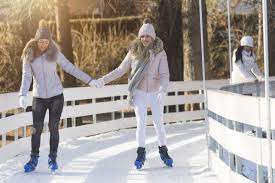
What are some tips for learning how to ice skate?
Here are some tips that may help you when learning how to ice skate:
- Start by renting skates that fit well and are comfortable. Poorly fitting skates can be uncomfortable and make it harder to skate properly.
- Don’t be afraid to fall – everyone falls when they’re learning to skate. It’s normal, so just get back up and keep trying.
- To help with balance, try holding onto the side of the rink or a wall at first. As you get more confident, let go and skate without support.
- Take your time and move slowly at first. Once you get used to skating, you can start going faster.
- Practice regularly and persistently – eventually, you’ll get the hang of it!
Top 5 factors affects your ice skating pace
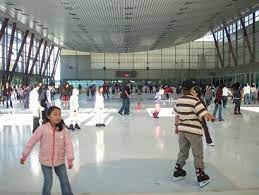
Top 5 factors affects your ice skating pace
There are several factors that can affect how quickly and easily you learn to ice skate. These include:
Previous experience with skating activities such as rollerblading or inline skating
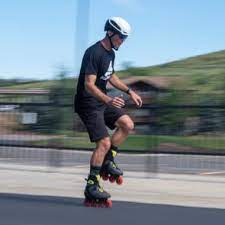
Previous experience with skating activities such as rollerblading or inline skating
As mentioned before, if you have some prior experience with skating, you may be able to learn the basics of ice skating more quickly.
Age
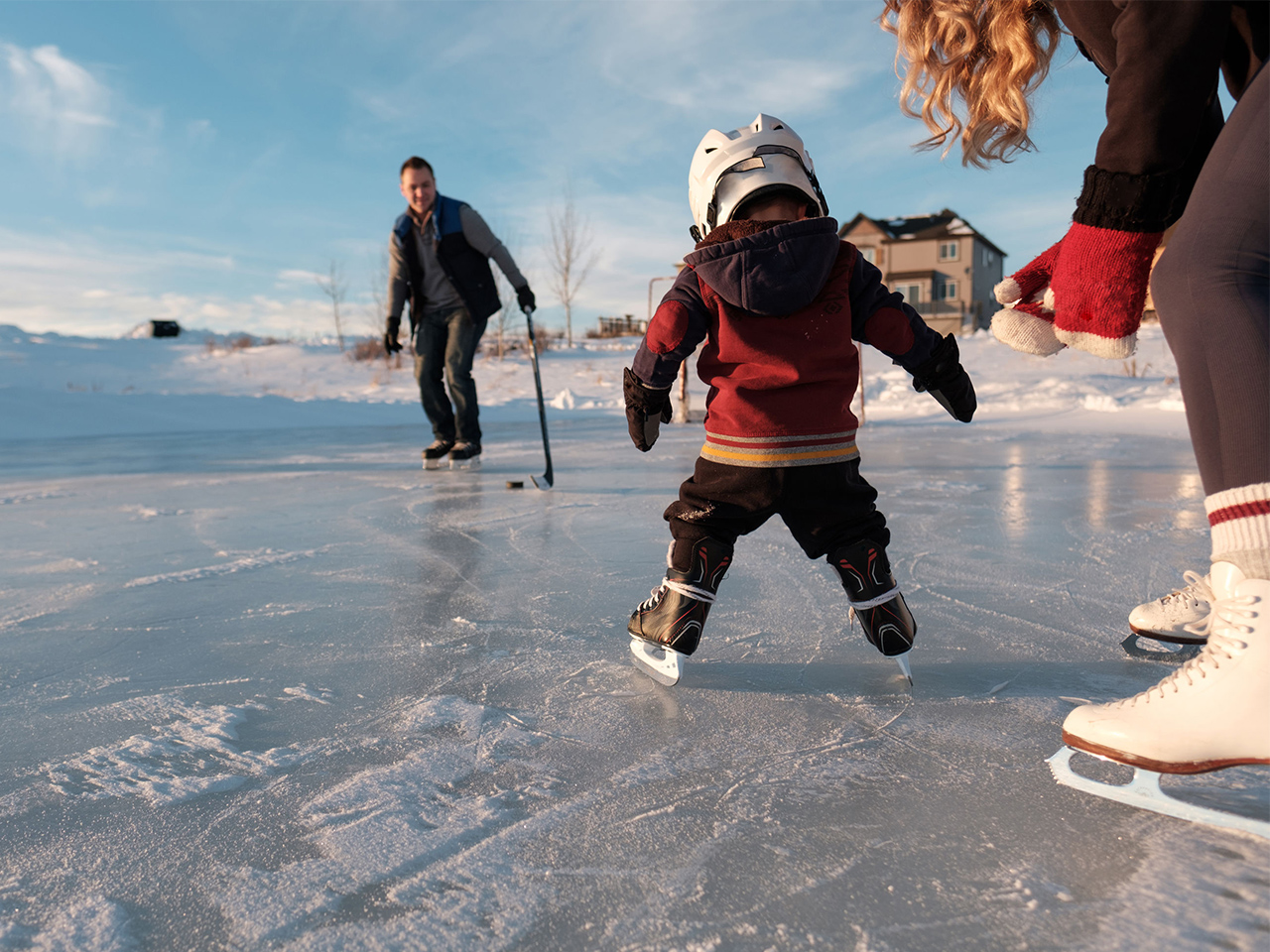
Age
Generally speaking, younger people tend to learn new skills more quickly than older people. This is because they typically have more energy and enthusiasm, and their brains are more plastic (able to adapt and change more easily).
Physical fitness
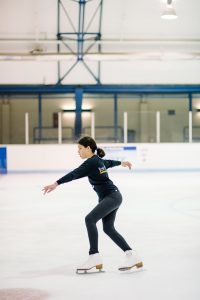
Physical fitness
If you are physically fit, you will likely find it easier to ice skate than someone who is not as physically fit. This is because being physically fit gives you better balance and coordination, which are both important for skating.
Mental attitude
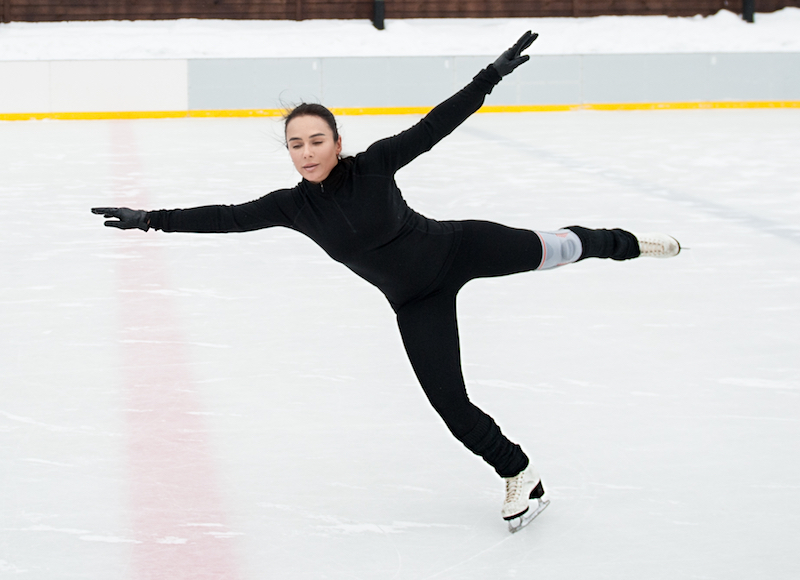
Mental attitude
If you approach learning to skate with a positive mental attitude, you will likely find it easier than if you approach it with a negative mental attitude. This is because having a positive mental attitude will help you to stay motivated and persist when things get tough.
Practice

Practice
All of these factors can affect how quickly and easily you learn to ice skate. However, the most important factor is simply practice – the more you skate, the better you will become at it. So put on your skates and hit the rink!
Weekly timeline for learning how to ice skate in a month

Weekly timeline for learning how to ice skate in a month
Week 1
Hour 1: Getting adjusted to the skates and feeling comfortable in them
Hour 2: Learn how to stand up and fall down properly
Hour 3: Practice skating forwards and backwards
Hour 4: Start practicing turns
Week 2
Hour 5: Continue practicing turns
Hour 6: Start practicing stopping
Hour 7: Start practicing basic jumps
Hour 8: Start practicing basic spins
Week 3
Hour 9: Continue practicing all of the above skills
Hour 10: Take a skating test to check progress and assess which skills need further practice
Week 4
Hour 11-15: Repeat hours 9-10 as necessary until all basic skating skills are mastered.
F.A.Q how long to learn how to ice skate
How long does ice skating take to learn?
This depends on a number of factors, such as previous experience with skating activities, age, physical fitness, and mental attitude. Generally speaking, it takes most people several weeks to learn the basics of ice skating. However, some people may be able to learn more quickly, while others may take longer. The most important factor is simply practice – the more you skate, the better you will become at it.
Is it hard to learn to ice skate?
Again, this depends on a number of factors. However, generally speaking, ice skating is not a particularly difficult skill to learn. With practice, most people are able to master the basics within a few weeks.
Can I teach myself to ice skate?
Yes, you can definitely teach yourself to ice skate. However, it is important to be patient and take your time. Start with the basics and gradually build up to more difficult skills. It is also a good idea to practice regularly – the more you skate, the better you will become at it.
How long does it take to learn how do you play ice hockey?
This is a difficult question to answer because it depends on a number of factors, such as previous experience with skating activities, age, physical fitness, and mental attitude. Generally speaking, it takes most people several weeks to learn the basics of ice skating. However, some people may be able to learn more quickly, while others may take longer. The most important factor is simply practice – the more you skate, the better you will become at it.
Conclusion
Ice skating is a great way to have fun and get some exercise, but it can be tricky to learn. If you’re looking for a little guidance on how to get started, we’ve got you covered. Our guide will take you through the basics of ice skating so that you can hit the rink with confidence. Don’t let the fear of falling keep you from trying this winter sport – give it a go!

